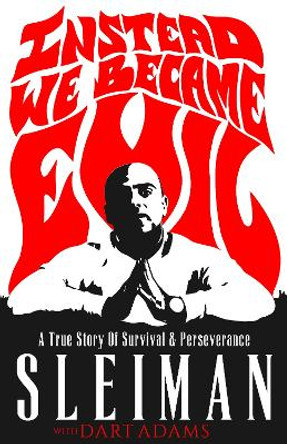Do good guys finish last? Did we evolve to look out for number one? Are we bad by nature? At first glance, the theory of evolution seems to imply that all organisms are evolved to be selfish. In this book, evolutionary psychologist Dennis Krebs explains how virtuous behaviors such as altruism, justice, honesty, loyalty, self-control, purity, and respect for authority, have evolved in humans and other species. He argues that the key to solving puzzles of morality--such as what it is, how we acquire moral traits, why we sometimes behave badly, and how we make moral decisions--lies in figuring out what adaptive functions moral traits served in early human environments and how they are influenced by social learning, culture, and strategic social interactions in the modern world. Arguing that the primary function of virtuous behaviors is to enable individuals to advance their own interests and examining the moral decision-making mechanisms that evolved to serve these functions, this book considers the "new brain" mechanisms that are unique to humans and "old brain" mechanisms that we share with other species, illuminating how these work in conjunction with each other to guide our moral choices. Survival of the Virtuous is accessibly written for academic and scholarly readers interested in understanding how moral traits evolved in the human species.
About the AuthorDennis Krebs received his BA from the University of British Columbia and his PhD from Harvard University. He served as a professor of psychology at Simon Fraser University. He is a Woodrow Wilson Fellow and Fellow of the Center for Advanced Study in the Behavioral Sciences. He has published several books and more than 100 articles on altruism, morality, and evolutionary psychology.
Book InformationISBN 9780197629482
Author Dennis L. KrebsFormat Hardback
Page Count 296
Imprint Oxford University Press IncPublisher Oxford University Press Inc
Weight(grams) 532g
Dimensions(mm) 243mm * 163mm * 25mm










